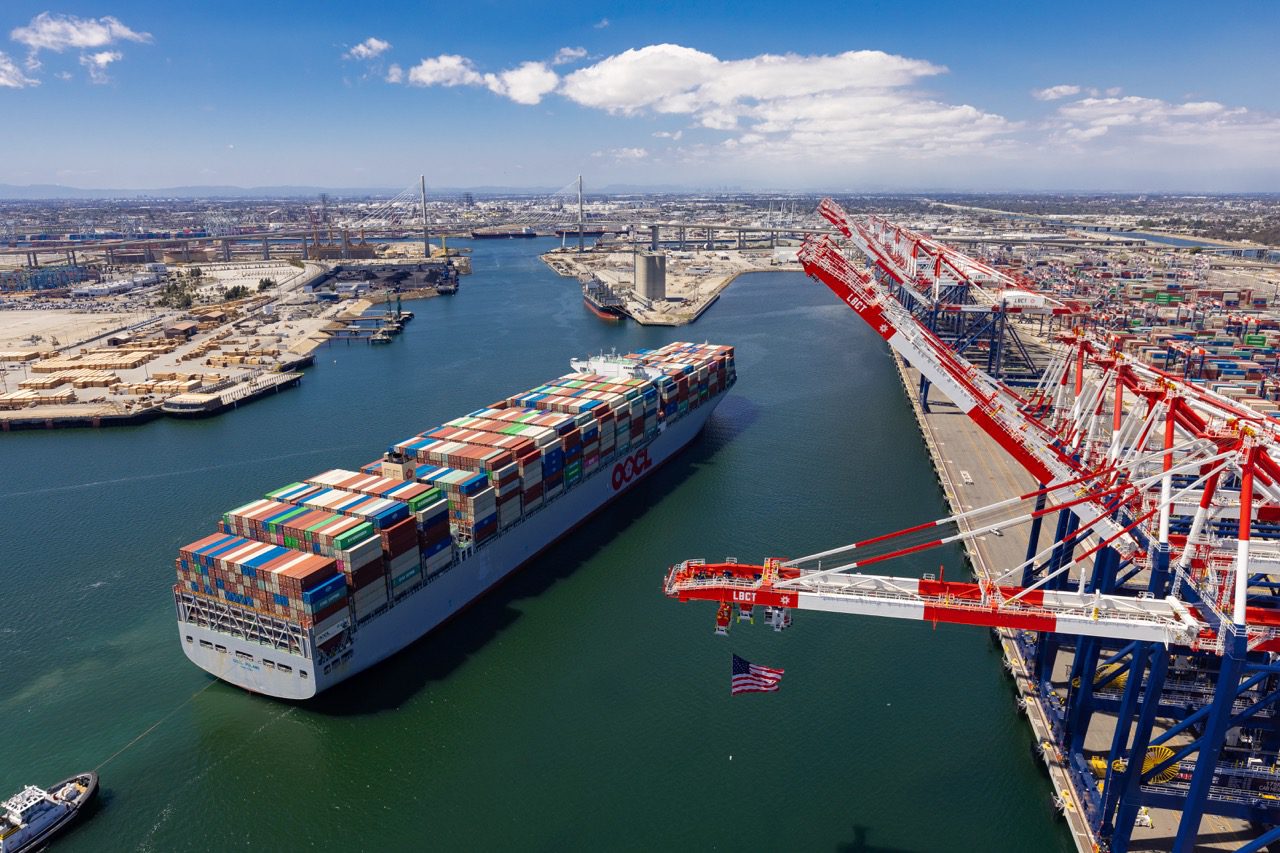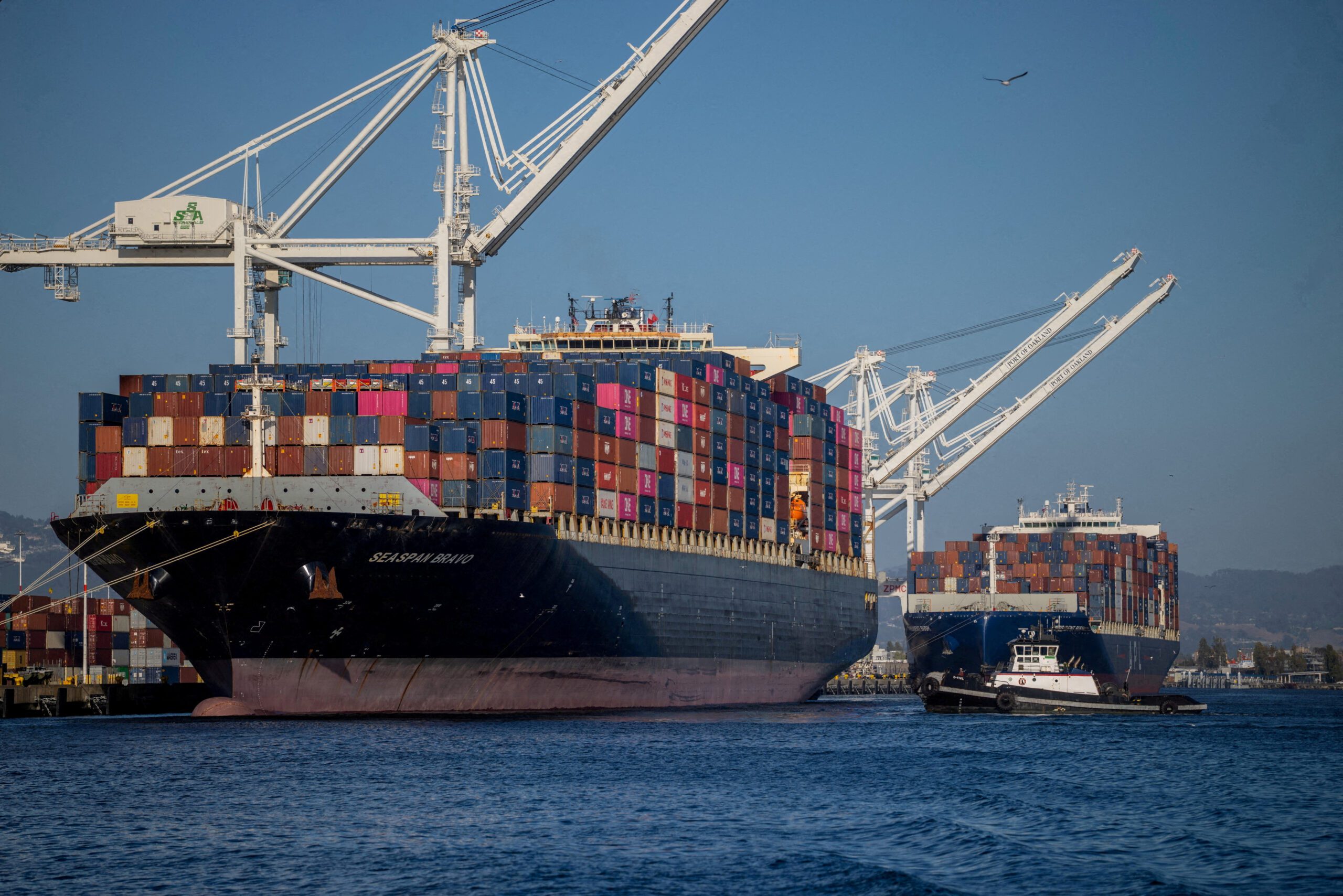The Office of the United States Trade Representative (USTR) has opened a public comment period regarding proposed modifications to its Section 301 trade actions targeting China’s maritime sector dominance. The modifications, announced on June 6, 2025, focus on changes to vessel fee structures and LNG export licensing requirements.
The proposed changes come as part of an ongoing investigation initiated in April 2024, which determined that China’s practices in the maritime, logistics, and shipbuilding sectors unreasonably burden U.S. commerce. As a result this past April the USTR announced significant trade actions targeting China’s maritime sector dominance, including 25% tariffs on goods linked to maritime and shipbuilding, port use fees for Chinese-built vessels, and export license restrictions if Chinese retaliation or non-compliance was detected.
Key modifications under consideration include a targeted coverage provision for vessels in the Maritime Security Program and a shift to net tonnage-based fees under Annex III. The USTR also proposes eliminating provisions that previously allowed for the suspension of LNG export licenses. This change, which would apply retroactively to April 17, 2025, will help reducing regulatory uncertainty for energy exports.
“These measures aim to address the disadvantages faced by U.S. companies and workers due to China’s policies,” according to the USTR notice.
The proposals include potential exemptions or modified fee applications for U.S.-flagged vessels in the Maritime Security Program, which provides critical national defense and emergency sealift capabilities, to avoid penalizing defense-related vessels. The switch from deadweight tonnage to net tonnage for fee calculations is expected to better align with commercial use and taxation norms, potentially reducing fees for vessels with larger structures but less cargo space.
Additionally, the USTR is seeking input on expanding Annex IV restrictions to include vessel owners and operators, not just charterers and service providers, which could significantly broaden the scope of enforcement to affect both domestic and foreign entities with Chinese connections.
Stakeholders have until July 7, 2025, to submit their comments on these proposed modifications. The Federal Register notice can be viewed here.
Editorial Standards · Corrections · About gCaptain

 Join The Club
Join The Club










